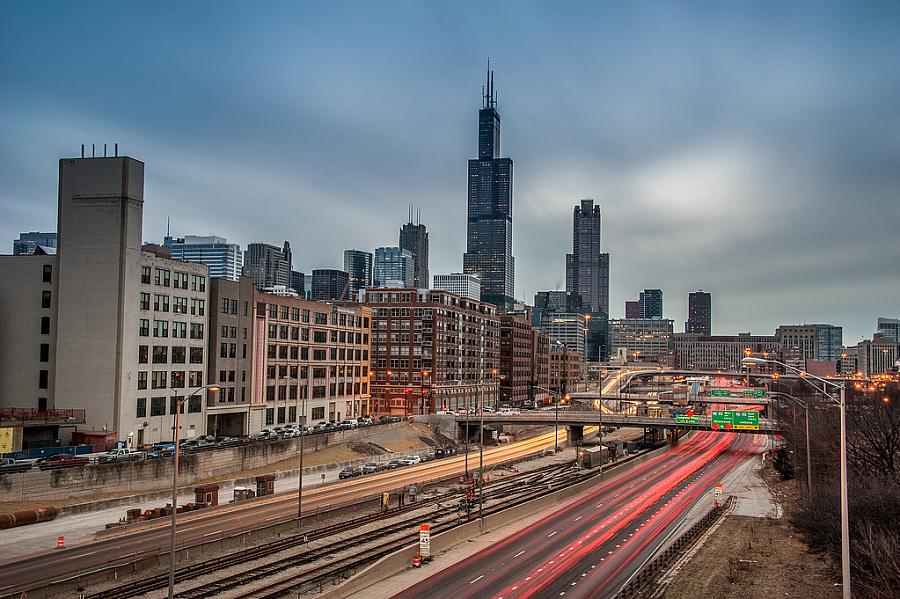What does year of unimaginable tragedy mean for Chicago’s shooting survivors?

I began reporting in Chicago at the end of 2016, when the city’s gun violence rose to levels not seen since the ’90s. Over the course of the year, nearly 800 people were killed. I covered the funerals of children and knocked on doors on blocks where shootings occurred just hours before. Despite local media’s tendency to focus on murders, the truth is that if you’re shot, you’re much more likely to survive than die. In 2016 alone, thousands of city residents embarked on the difficult, often life-long journey of recovering from their injuries.
As 2020 comes to a close, Chicago is once again facing a historic increase in violence. As of early December, almost 4,000 people have been shot. More than 3,000 of them survived, city data shows. More than a third of these shooting victims are 25 or younger.
In a city of more than 70 community areas, gun violence is concentrated in about a dozen majority-Black areas that also have high levels of poverty as a result of decades of government neglect. These neighborhoods face soaring rates of unemployment, a severe lack of mental health clinicians, and a lack of accessible health care. Such disparities have resulted in one of the biggest life-span gaps in the country: A Black resident born on the city’s South Side is estimated to live 30 years less than someone born 10 miles north in Chicago’s downtown. The pandemic has likely exacerbated these disparities. Black residents are overrepresented in the city’s COVID-19 deaths, and in the first wave of the virus, many of the deaths happened in the same communities affected by gun violence.
Rarely does a shooting affect just the victim and the person who pulls the trigger. The incident creates a ripple effect. Each perpetrator and victim acts as a contagion, putting those closest to them at a higher risk of experiencing gun violence. This creates a cycle of victims, retaliation, and — eventually — more people trying to address the problem. This cycle is compounded by the fact that shooters in Chicago are rarely held accountable. Police solve very few of the city’s murders and even fewer non-fatal shootings.
As a 2020 Data Fellow, I’ll be reporting on how the pandemic has affected shooting survivors — from access to crime victim services to police case clearances. My time reporting in Chicago has shown me that gun violence doesn’t exist in a vacuum. This is an issue of systems not working the way they should for some of Chicago’s most vulnerable residents.
I hope this project can be a blueprint for how to cover the lives and challenges many shooting survivors face, while holding city and state leaders accountable.
